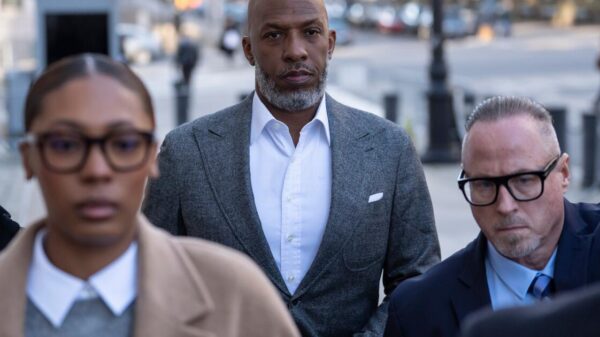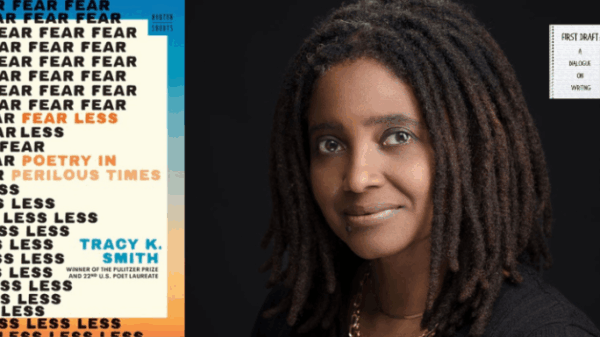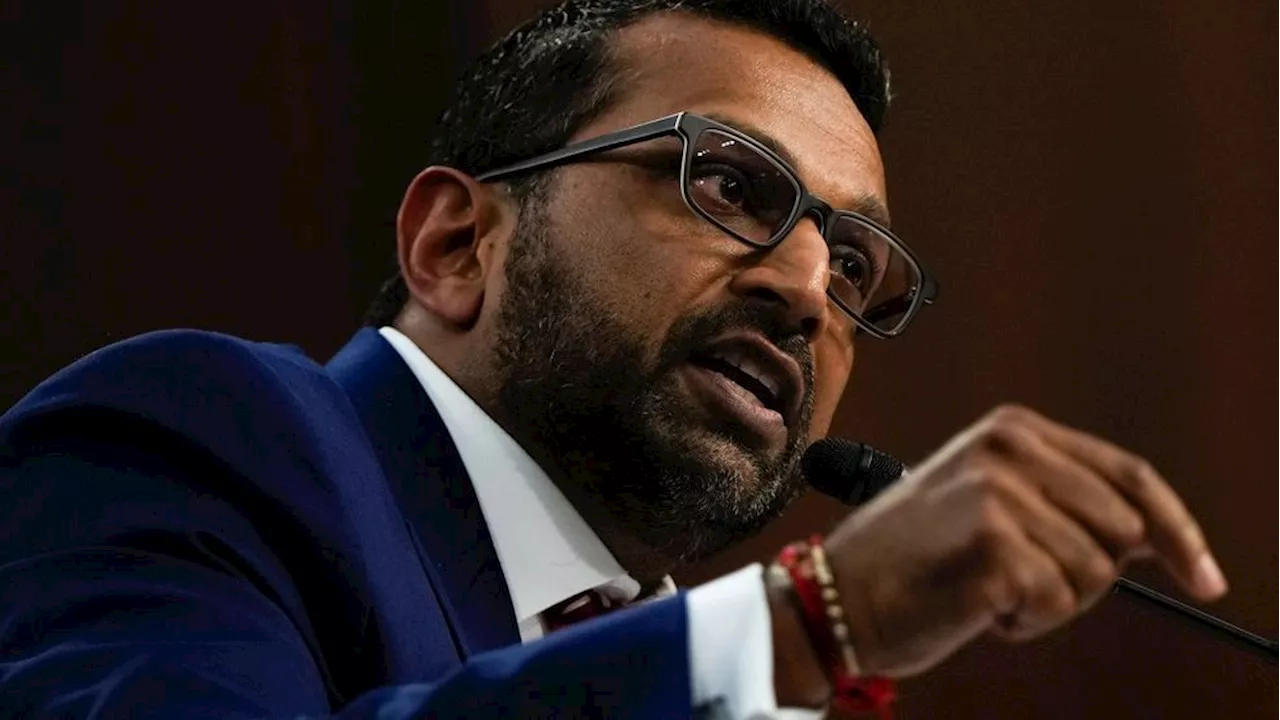FBI Director Kash Patel has publicly criticized MSNBC for its report asserting that the Department of Justice (DOJ) prohibits “perp walks,” a term used to describe the practice of parading arrested individuals in front of news cameras. This statement arose from comments made by MSNBC legal analyst Barb McQuade, who suggested that the DOJ’s policy aims to prevent such actions during arrests.
In response, Patel labeled the network as an “ass clown factory of disinformation,” highlighting what he perceives as a double standard. He pointed to the coverage of notable arrests involving figures such as Roger Stone, Peter Navarro, and Steve Bannon, claiming that MSNBC had previously celebrated their perp walks. His remarks were disseminated through a post on social media platform X.
Patel’s comments came in the context of a report that an FBI agent was dismissed for allegedly failing to arrest and “perp walk” former FBI Director James Comey. McQuade reacted to Patel’s assertions by emphasizing that the Trump administration seemed more focused on personal vendettas than on effective law enforcement. “Any perp walk, defined as deliberately parading a defendant before the cameras without any legitimate law-enforcement purpose, is a violation of DOJ policy and the Fourth Amendment,” she stated.
The controversy surrounding the concept of “perp walks” is rooted in a DOJ directive that strictly prohibits agents from facilitating media access to arrested individuals. The guidance states that no prior notice should be given to the media regarding arrests, nor should any actions be taken to stage these events.
Despite the ongoing debate, McQuade contended that the arrests of Stone and Bannon did not align with the definition of a “perp walk,” and criticized the circumstances of Navarro’s arrest at an airport, which she argued had drawn disapproval from judges.
The exchange between Patel and McQuade highlights the complex relationship between law enforcement practices and media coverage. As the DOJ continues to navigate its policies in the public eye, both sides of the argument reflect broader discussions about transparency, accountability, and the role of media in shaping perceptions of justice.
The dialogue surrounding these issues remains significant, particularly as the political landscape evolves and public trust in institutions is continually tested.








































































